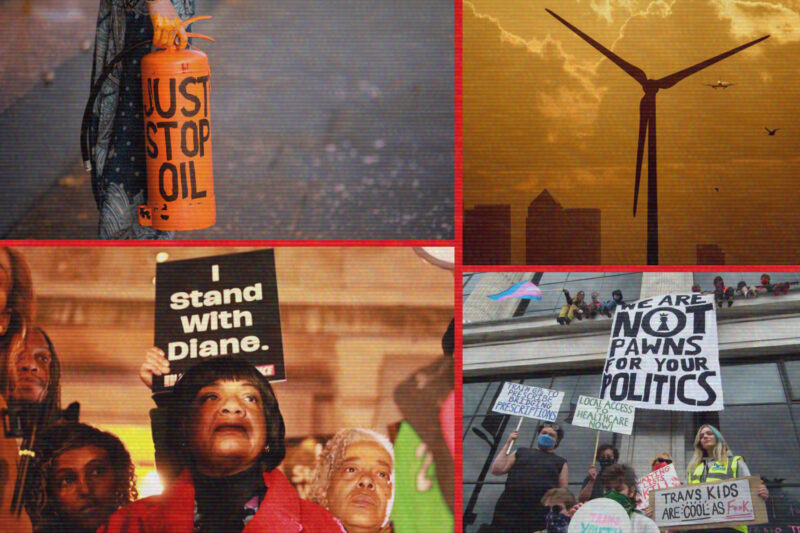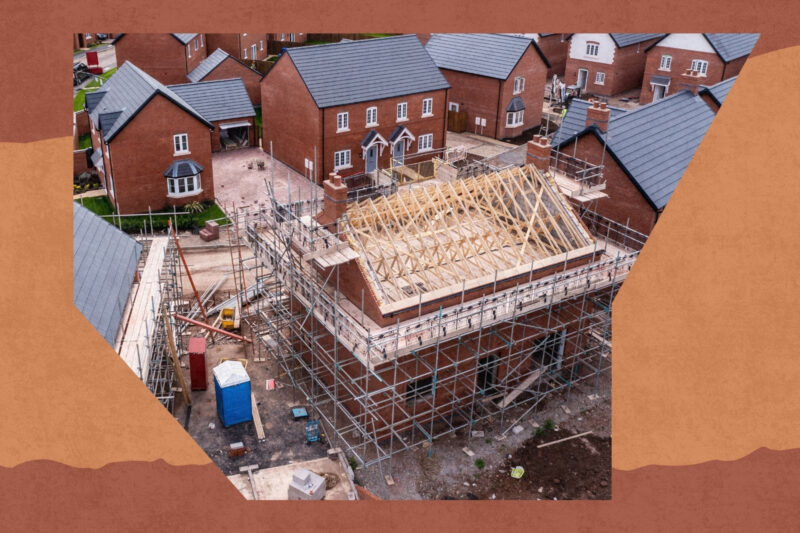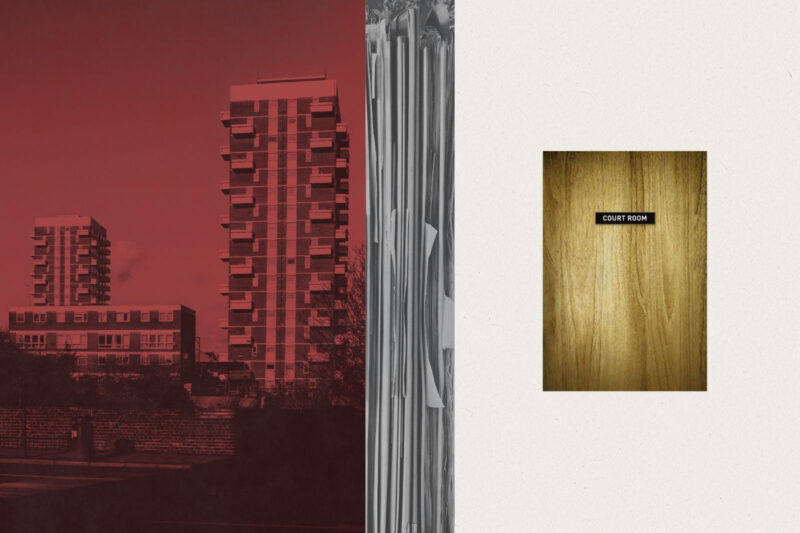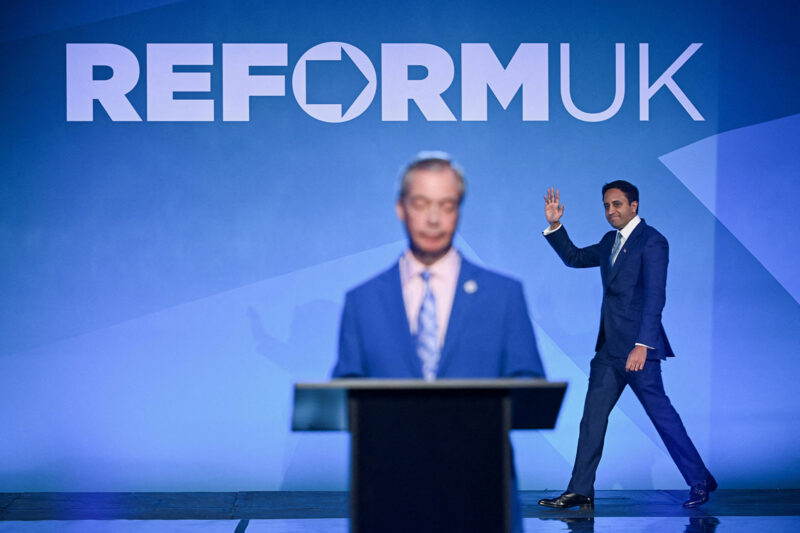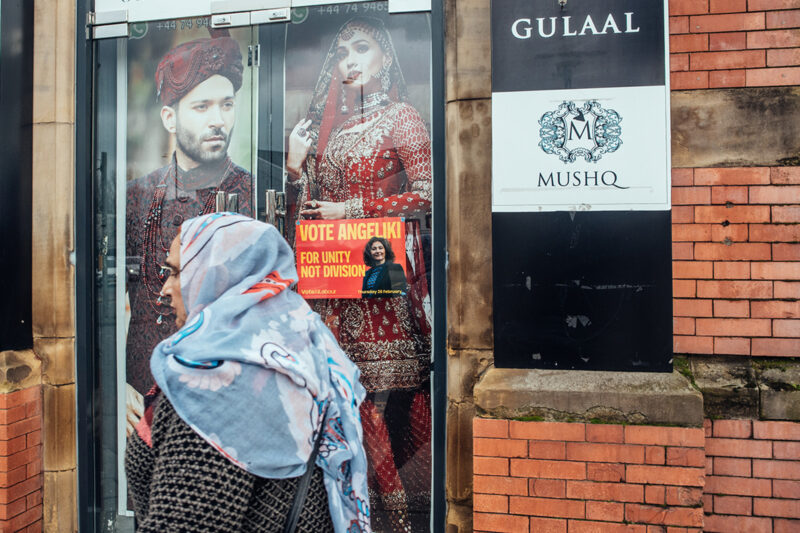High rents and insecure accommodation: how London’s housing market is disenfranchising voters
Campaign groups warn that many living in unlicensed rental properties are reluctant to register to vote for fear of rent increases or losing their home
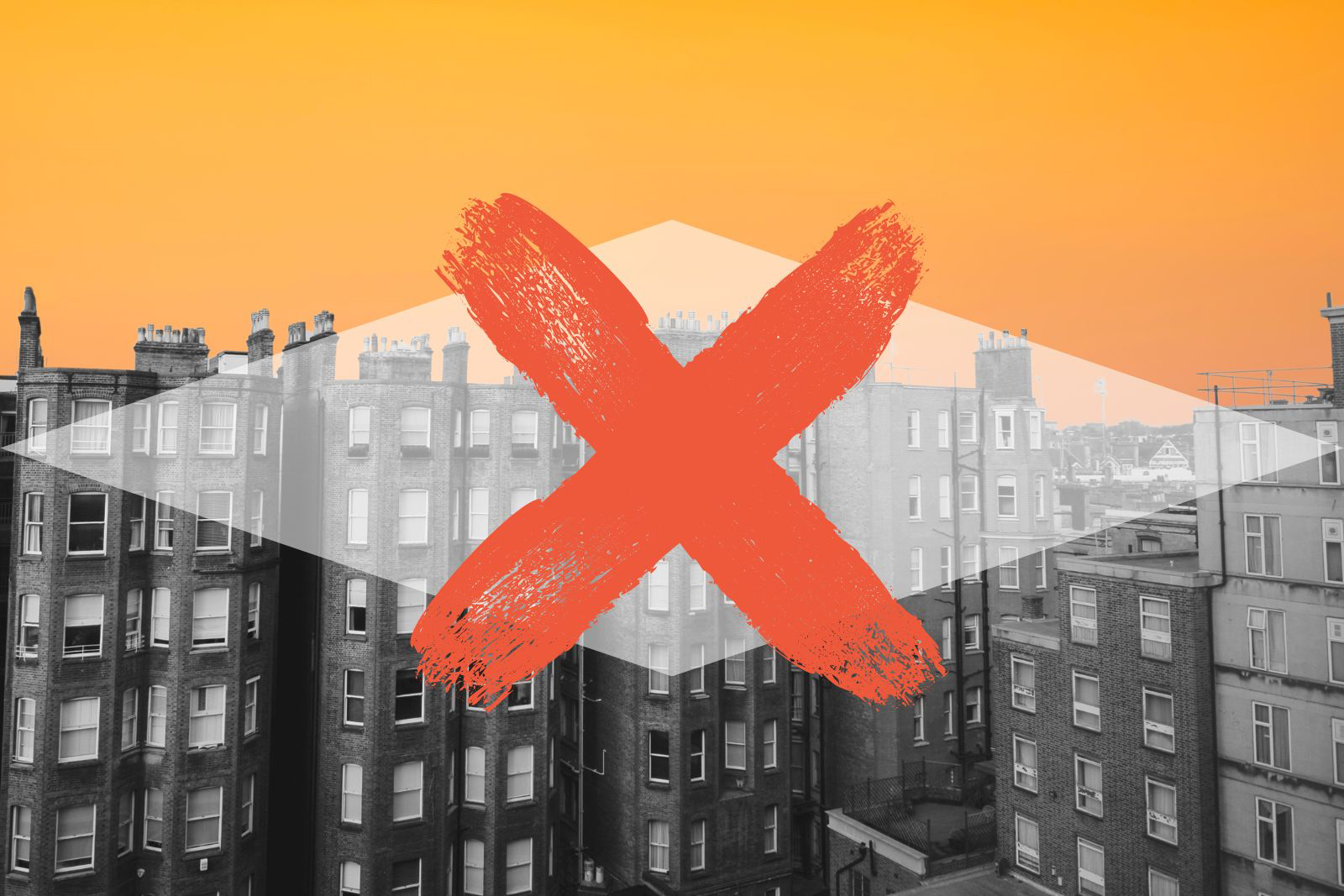
Maya* is none of the adjectives often used to describe young voters: disillusioned, apathetic, disaffected. The 29-year old postgraduate law student fervently believes in representative democracy and says “every vote counts”.
But while she has voted in every election and referendum since she was 18, Maya will not be voting on 4 July. Not because she does not want to, but because she is one of many people disenfranchised by Britain’s growing housing crisis.
Voters who have been pushed out of the regulated rental market — and are either living in unlicensed flat shares or sofa surfing with friends and family — face barriers to joining the voters’ register, campaigners have warned. As the deadline to join the register passed on Tuesday 18 June, many, like Maya, may have been prevented from exercising their democratic right.
“I am disappointed,” says Maya, who is currently running pro bono clinics helping people in insecure housing. “Especially coming from a Muslim background, I feel that every vote counts and democracy is important.”
Mustafa Field is director of Faiths Forum for London, an organisation promoting interfaith community engagement. “During our voter registration drives among Muslim communities, we have come across more than a hundred people in this situation,” he says. “Especially when we were reaching out to people using food banks. Many of those living in unlicensed rental properties said they didn’t want to register because they were scared of losing their home or their landlord raising their rent in retaliation.”
Field says other disenfranchised voters have found temporary accommodation with relatives and are reluctant to notify the local council of their residency because of the knock-on effects this would have on the family’s eligibility for income support or other benefits.
“My mum lives in a council house and is on benefits,” says Maya. “As soon as I register they will start harassing her for more council tax, and she is already struggling.”
Until recently Maya lived in a flatshare, but when her landlord increased her rent she was forced to look for alternatives. “The rent increase was only £100, but I just could not afford it,” she says.
As a postgraduate student without constant employment she struggled to find accommodation within her budget. She ended up sharing a bedroom with a family member in her childhood home in Ealing, west London.
When prime minister Rishi Sunak called the election in May, Maya sought advice from a housing charity about ways she could vote as someone without a fixed permanent address.
Although people without a fixed address can vote by submitting a voter registration form to their local authority, the adviser Maya spoke to told her she would have to register as homeless, but suggested she would face insurmountable waiting times and was unlikely to succeed.
“Basically, I was told I just have to suck it up,” Maya says.
Average rents in London have increased by more than 30% since 2021, according to estate agents Savills, while the average rent for a single room has reached £995 per month, according to flat-sharing website Spareroom.com.
This has meant that many people — especially those from low–income and minority backgrounds — have been priced out of the regulated renting market. While some, like Maya, have found informal accommodation, others have been pushed into the “shadow renting sector”, paying cash to rogue landlords for a bed or room in an unlicensed flat share.
People in these situations are often explicitly discouraged by their landlords from joining the voting register as it could alert local authorities to the landlord’s illegal practice, Field says.
“Many are really afraid of landlord retaliation or losing their home if they registered with the council, and for most of them voting is at the bottom of their priority list,” he says. “They are more concerned about other knock-on effects of not being on the electoral roll, such as low credit score or problems with opening a bank account.”
Soraya* works in the charity sector and is renting a flat in the upstairs annex of her landlord’s house in London. “When we first moved into our flat, our landlord stopped my partner outside and told him not to register for council tax, that he is taking care of everything,” she says.
When she and her partner first moved in, she did not think her landlord had not registered the flat as a separate property. Now she suspects he is doing it for tax evasion purposes but does not want to notify the council of this as she is worried about losing her flat in such a difficult market.
But Soraya counts herself as lucky because she is nonetheless able to vote. “Our landlord did facilitate it for us to vote,” she says. “We are on the electoral register under his address. The polling cards are delivered to his house and then he pops them through our letterbox. But we are only able to register and get our polling cards because he chooses to do it. It could easily go the other way. It does not feel good to have to rely on your landlord for something like this.”
Hassan Irawany, a community champion from Urban Muslimz, a youth outreach organisation, has been taking part in voter registration campaigns in London. “We come across situations like this very frequently, all over London,” he says. “It has been a growing problem for at least the past decade.” In Irawany’s experience, the problem not only affects single young people, but also families. It is common, he says, for three or more married couples, often with children, to live in the same single family home which had not been registered as a HMO (house in multiple occupancy).
“People are forced into these situations because the expensive rent prices mean they have to rent in not-so-legal ways because it is a bit cheaper,” he says. “But to register to vote you need a real address and this creates problems for them. I feel that there has been a real failure from the government to respond to this issue.”
For Maya, the issue cuts to the core of her political identity. “I am in a country where I have the right to vote, and yet I am unable to exercise it due to my circumstances,” she says.
*Some names have been changed to protect anonymity.
 Newsletter
Newsletter


